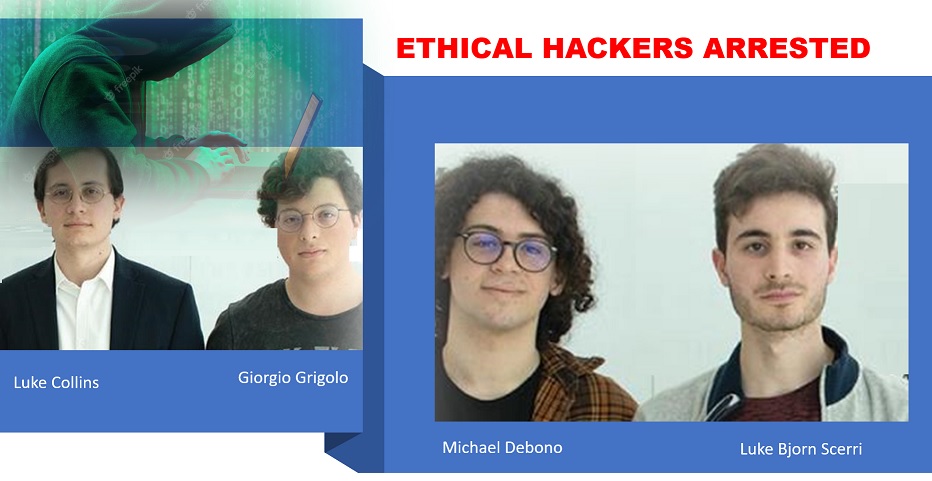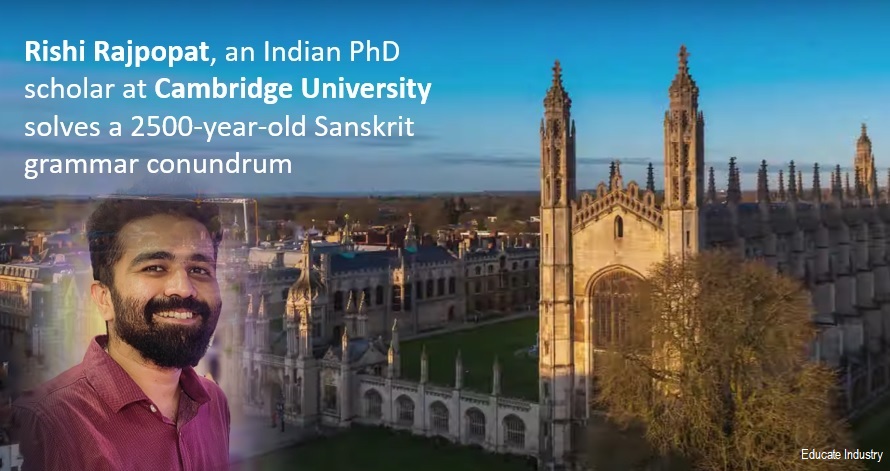Rishi Rajpopat, an Indian PhD scholar at Cambridge University solves a 2500-year-old Sanskrit grammar conundrum
Rishi Rajpopat, an Indian PhD scholar at Cambridge University solves a 2500-year-old Sanskrit grammar conundrum
Rishi Rajpopat made the breakthrough by decoding a rule taught by Panini, known as the father of linguistics, and is now encapsulated in his thesis entitled ‘In Panini, We Trust: Discovering the Algorithm for Rule Conflict Resolution in the Astadhyayi’.
According to the university, leading Sanskrit experts have described Rajpopat’s discovery as “revolutionary” and it could now mean that Panini’s grammar can also be taught to computers for the first time.
“After nine months of trying to crack this problem, I was almost ready to quit, I was getting nowhere. So, I closed the books for a month and just enjoyed the summer, swimming, cycling, cooking, praying and meditating. Then, begrudgingly I went back to work, and, within minutes, as I turned the pages, these patterns started emerging, and it all started to make sense. There was a lot more work to do but I’d found the biggest part of the puzzle,” said the 27-year-old scholar.
Rajpopat’s discovery makes it possible to “derive” any Sanskrit word, to construct millions of grammatically correct words, using Panini’s revered language machine, which is widely considered to be one of the greatest intellectual achievements in history.
“My student Rishi has cracked it – he has found an extraordinarily elegant solution to a problem that has perplexed scholars for centuries. This discovery will revolutionise the study of Sanskrit at a time when interest in the language is on the rise,” said Professor Vincenzo Vergiani, Sanskrit professor and Rajpopat’s PhD supervisor.











